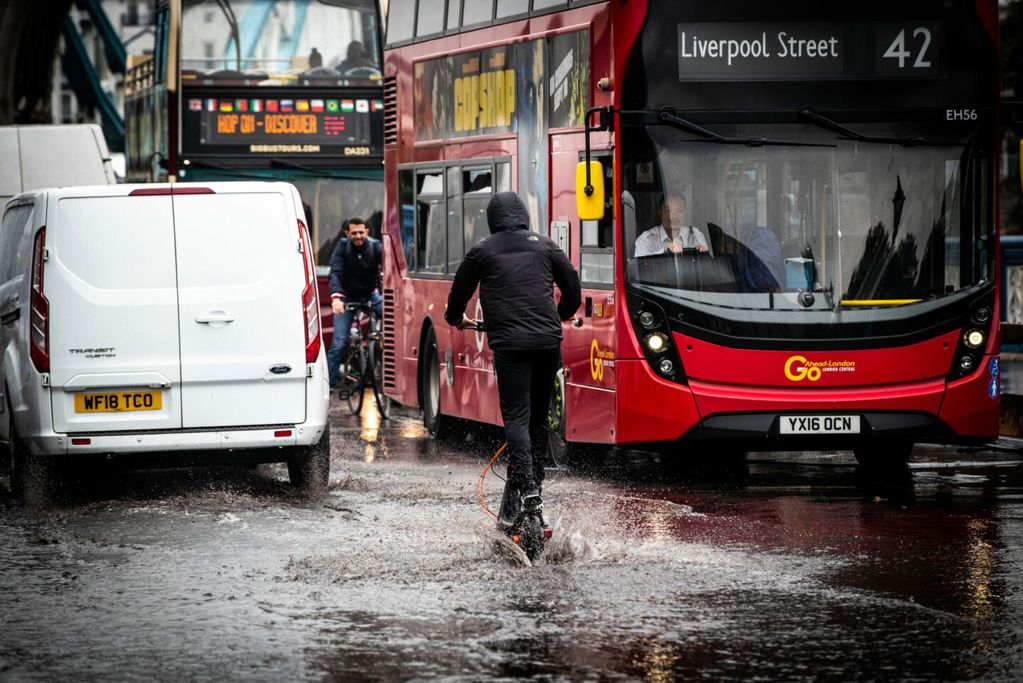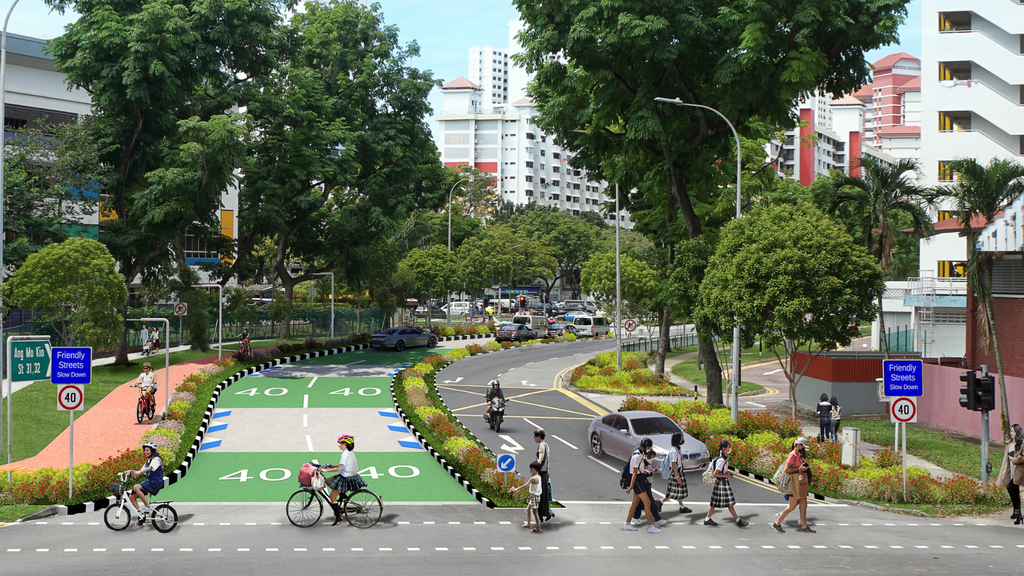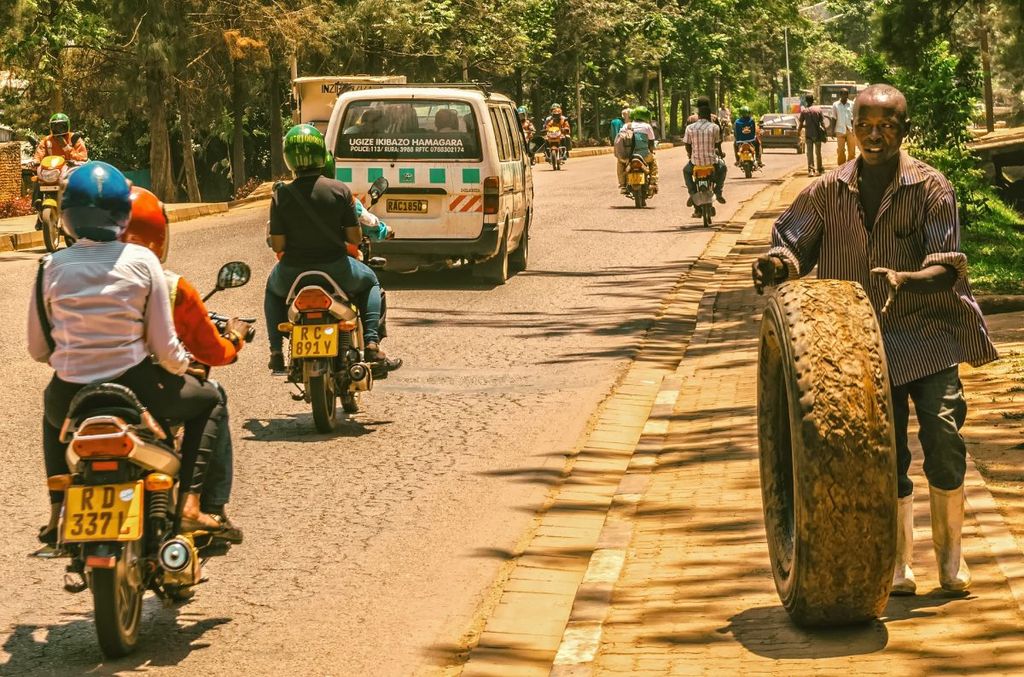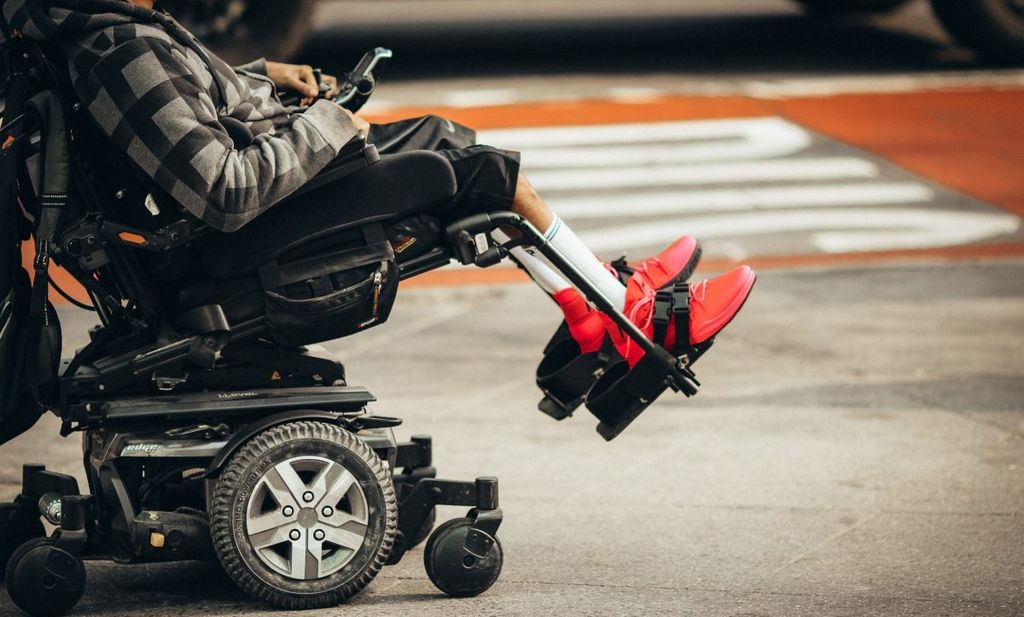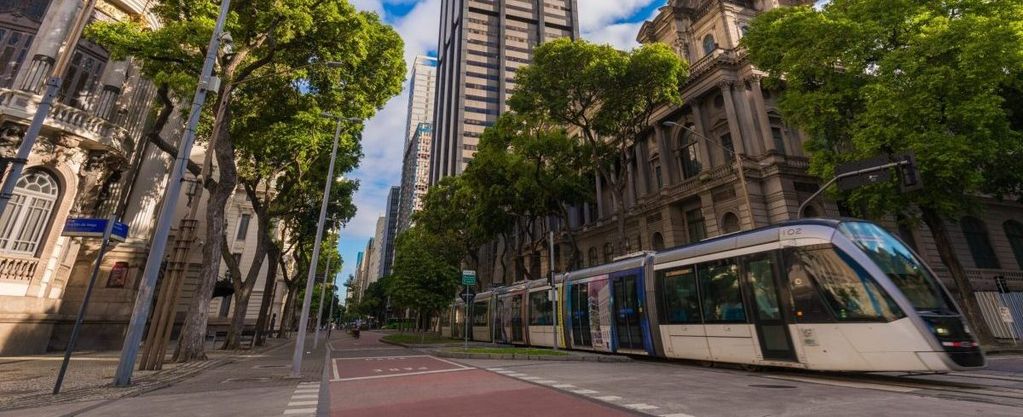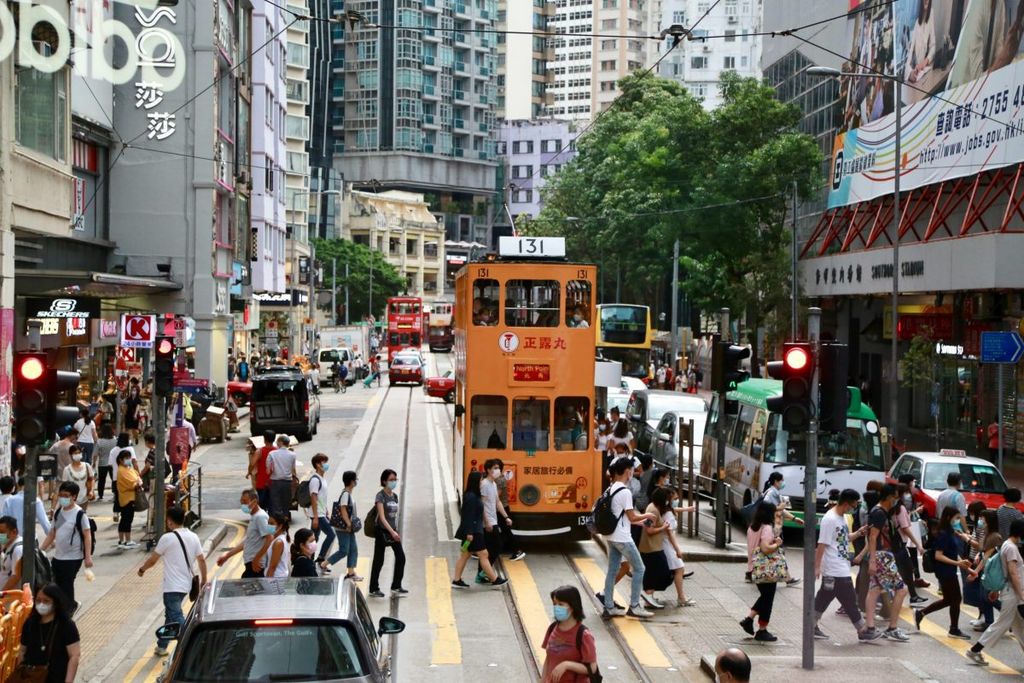
From firefighting to transforming the sector: Transport authorities are looking beyond COVID-19
Transport authorities have played a crucial role in managing the crisis
In yesterday’s news article on the Latin America Week 2021, one of the key takeaways was that public transport and mobility authorities are vital for the sustainable development of metropolitan areas.
Nothing could be more evident of the crucial role of public transport authorities (PTAs) than by identifying measures they have implemented to protect people, the environment and the economy since the outbreak of the COVID-19 pandemic.
That is why UITP has published a Knowledge Brief, “Preparing for a better future: How transport authorities have managed the crisis”, to share the diverse leadership actions and key lessons learnt from our international members.
An “ambidextrous leadership”
Since the outbreak in January 2020, PTAs around the world have managed short-term measures to reduce the risk of spreading the virus, from implementing social distancing regulations to setting up temporary bike lanes and extending pedestrian zones to encourage active mobility. Often viewed as ‘putting out fires’, the key element has been to keep the physical and psychological wellbeing of staff and passengers at the centre of decision-making.
Yet, opportunities arising from the crisis could be lost if the future of sustainable urban mobility is not considered. Public transport authorities should consider the long-term impacts, something Jeremy Yap, Chair of the UITP Organising Authorities Division, likes to call “ambidextrous leadership”.
In other words, the ability to provide quick solutions while equally looking ahead to transform the sector and build back better.
Their approach is: Understand, react, rethink.
How are they building back better?
To prepare for a better future, PTAs are considering or engaging in a transformation process which applies to crisis preparation, mobility policies and adaptive governance among other things.
To build back better, the key takeaways are:
- Advocate for holistic mobility solutions and necessary support for continuous development.
- Forecast to better understand ongoing evolutions and adapt the system.
- Collaborate with external actors such as non-transport stakeholders as a major element of crisis governance.
As the economist, John Maynard Keynes, once said, “The difficulty lies not so much in developing new ideas but escaping from old ones.” As a motto fully adopted by our Organising Authorities Committee, we believe the future looks promising!
UITP Academy is launching an online course on Strategies for Managing Taxis Beyond Covid-19, from 12- 15 July with RTA and Centre for Transport Excellence MENA. Learn to adapt to the new normal and listen to experts from diverse backgrounds with international perspectives. Register today!
2025 Training Calendar

